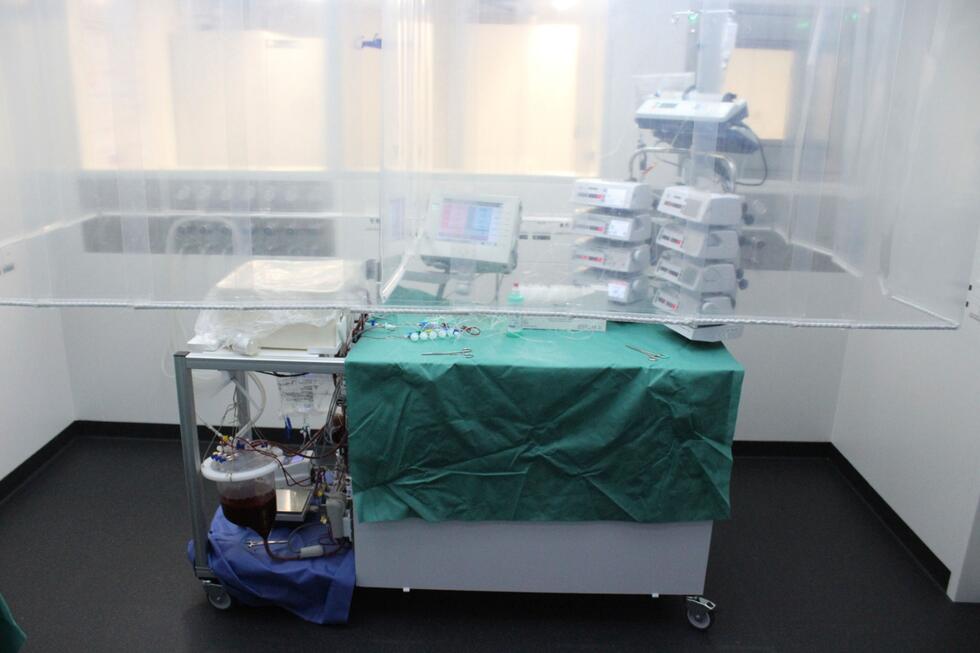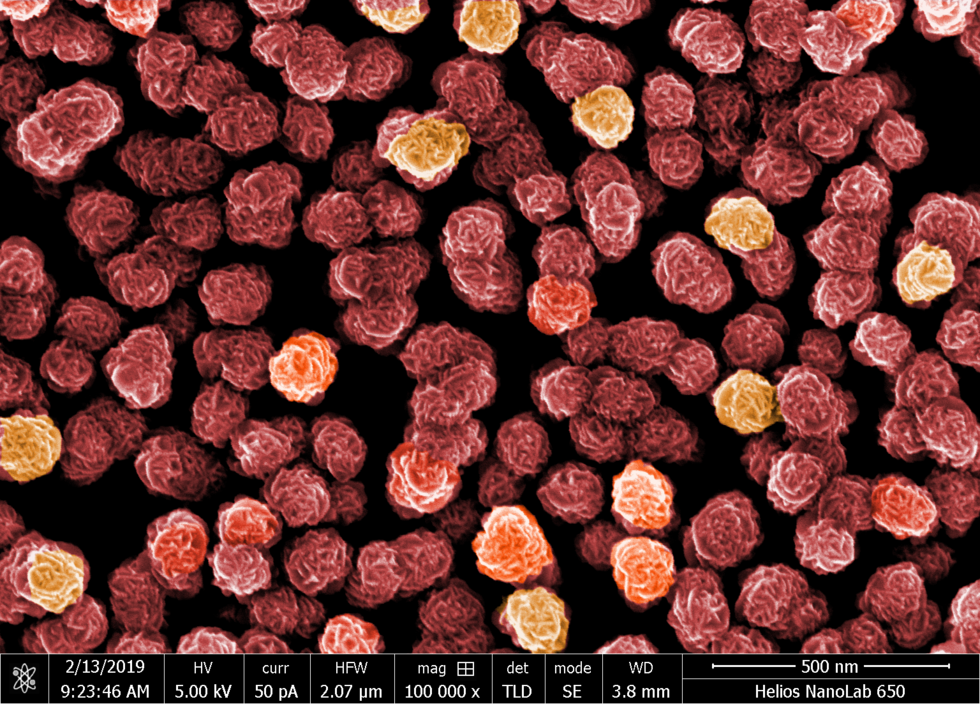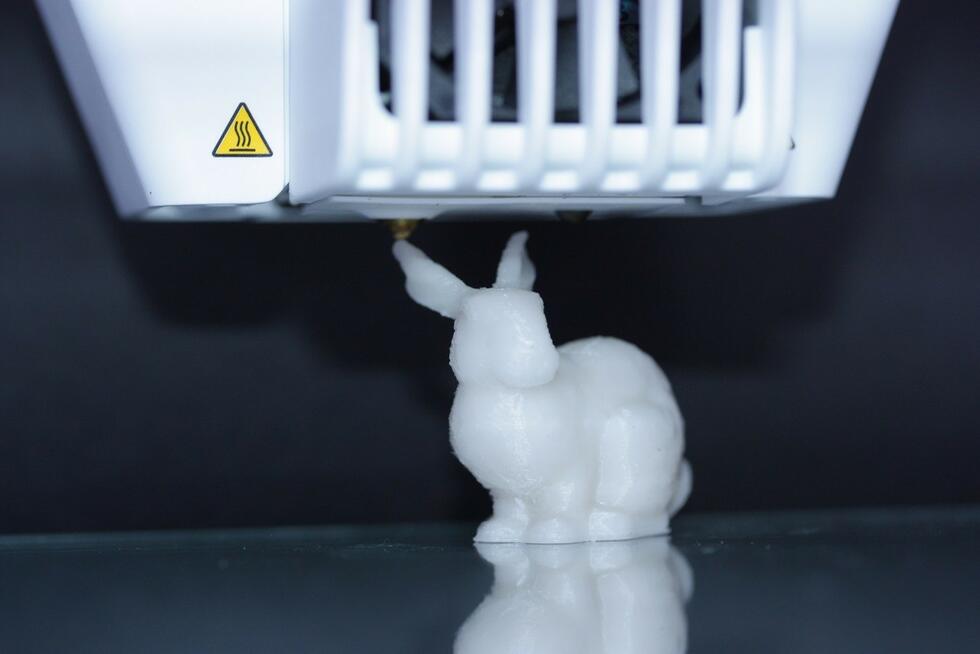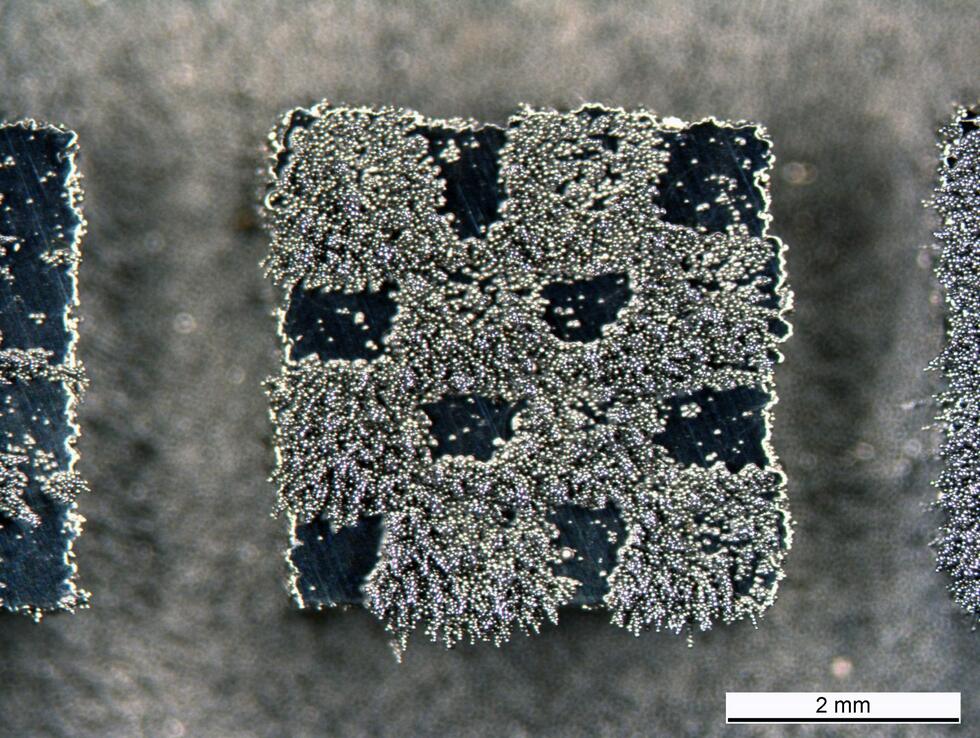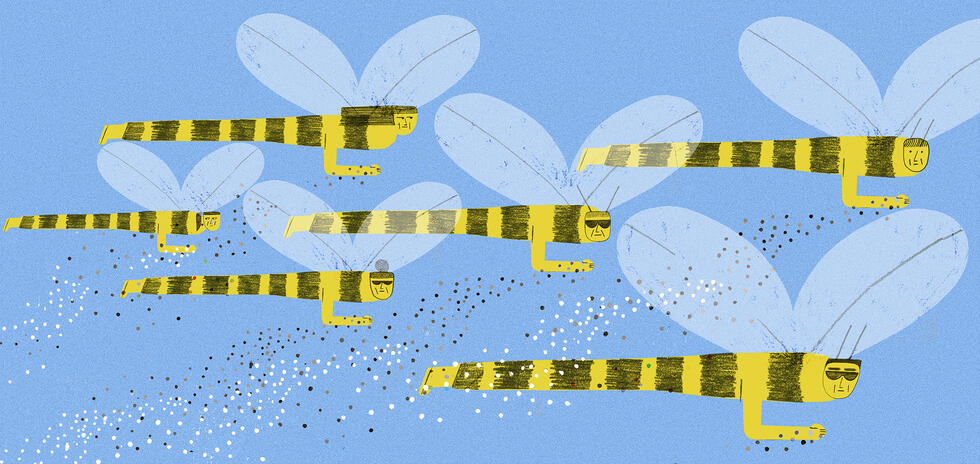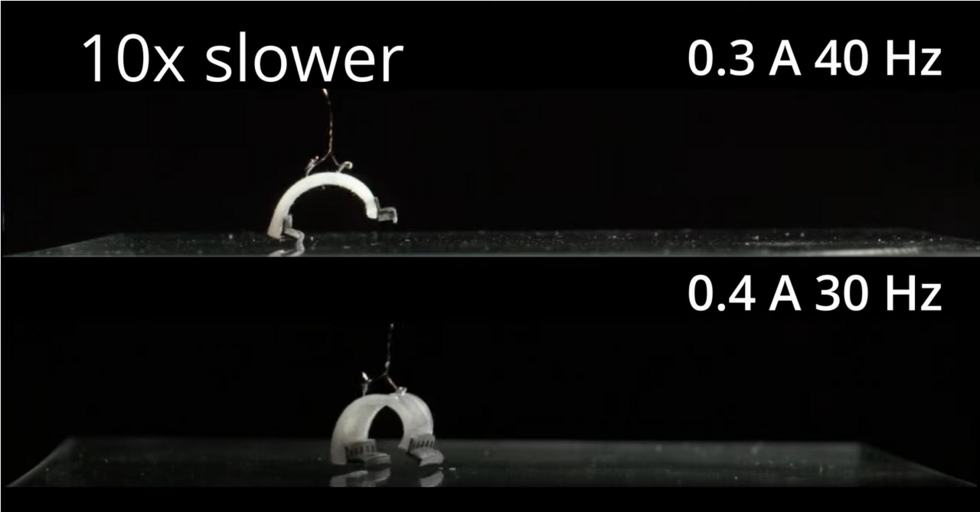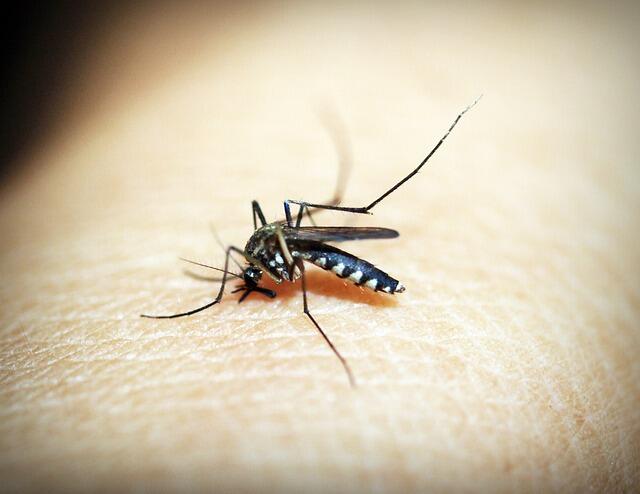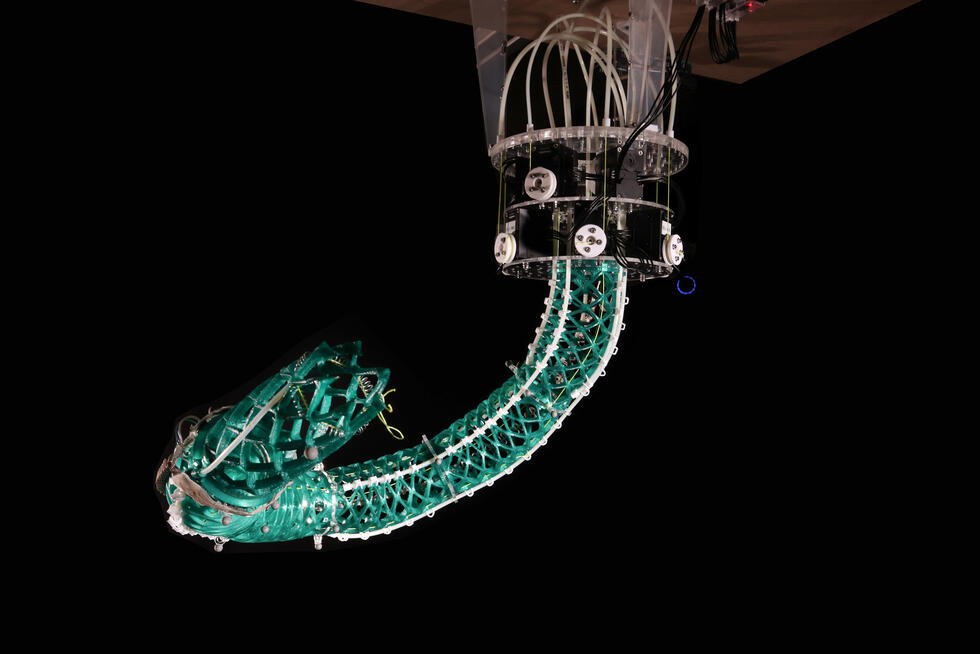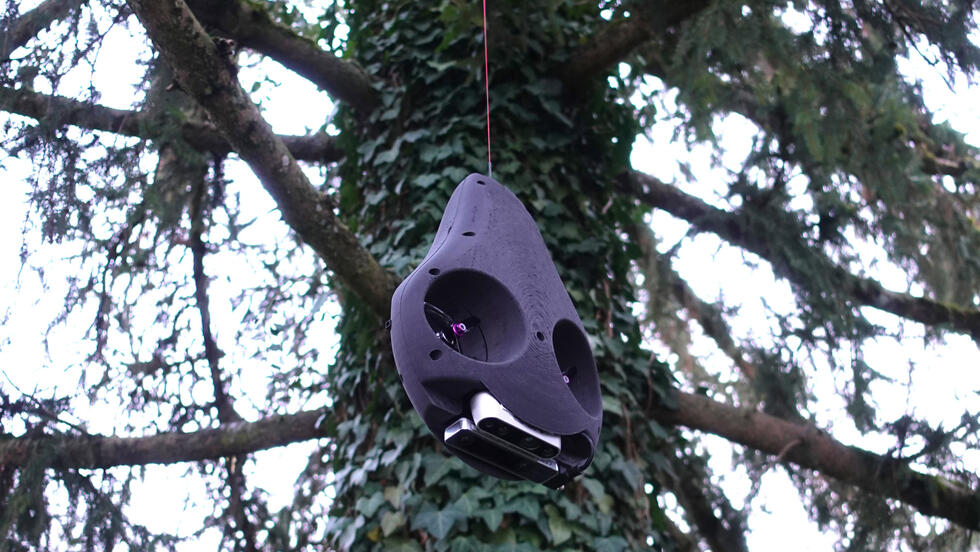SHORT NEWS
Researchers achieve local eradication of dengue and Zika fever carriers
Researchers in China released millions of male mosquitoes, which although they still court females can no longer procreate with them. By mounting a double attack in selected districts of a large city in China, the team of researchers was able to virtually exterminate Asian tiger mosquitoes, which are carriers of dengue, chikungunya, and Zika viruses.
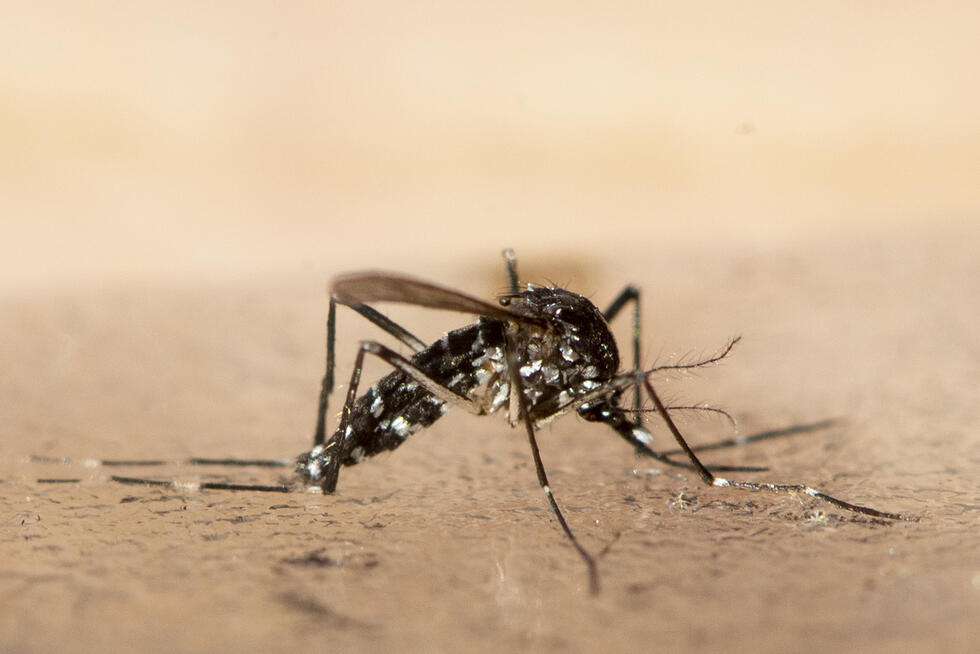
The team of researchers led by Xi Zhiyong from the Sun Yat-sen University in Guangzhou (China), combined two methods that had previously only been used individually, as the scientists reported in the “Nature” journal: On the one hand, the male tiger mosquitoes (Aedes albopictus) were infected with three strains of parasitic Wolbachia bacteria.
These “selfish” bacteria ensure that as long as the females are not already infected by precisely the same Wolbachia strains, the mosquito embryos die. The selected combination of three strains does not occur in nature, which is why it acts as a kind of large-scale contraceptive for mosquitoes. This approach is known as “incompatible insect technology” (IIT).
Since it is very difficult to determine the sex of millions of individual mosquitoes, past attempts resulted in the simultaneous release of females that had also been infected with the three bacterial strains. This nullifies a part of the intended impact.
Sterilization of females
Therefore, the mosquitoes were also exposed to a dose of X-rays, which rendered the females infertile but left the reproductive organs and sperm cells of the males intact. This “sterile insect technique” (SIT) has been researched and applied for many years by experts from the Insect Pest Control Laboratory, the Food and Agriculture Organization (FAO), and the International Atomic Energy Agency (IAEA) in Vienna.
Initial tests of this combination of IIT and SIT in the laboratory proved so effective that the researchers decided to conduct a large-scale field trial on two river islands in the city of Guangzhou. The city with some 14 million inhabitants is located in the Pearl River Delta in southern China and has the highest dengue transmission risk in the country.
The researchers released millions of Wolbachia-infected and X-ray-radiated male mosquitoes, which immediately threw themselves at the females leaving their vastly outnumbered wild counterparts with virtually no chance of mating with the opposite sex.
Dramatically reduced mosquito count
Within six weeks, the mosquitoes in the area were for the time being exterminated, the researchers report in their article. During the subsequent observation period of two years, the number of tiger mosquitoes was reduced by up to 94 percent. According to their research, the remaining six percent were specimens that had re-immigrated from the surrounding area.
Initially, the inhabitants of the affected districts responded to the method with skepticism. Prior to the field test, only 13 percent of the population approved of the measures, 76 percent were indifferent, and 11 percent opposed them. However, acceptance increased with the success: In the end, 54 percent of the population supported the method. This is most probably attributable to the fact that the people in the trial area suffered up to 97 percent fewer mosquito bites than people elsewhere.





















